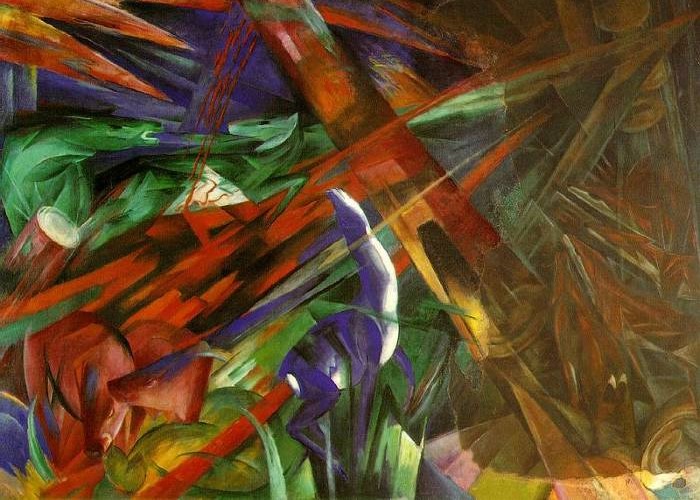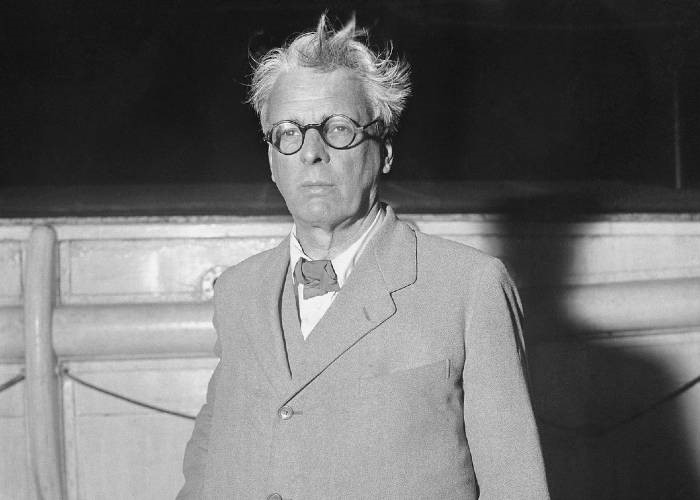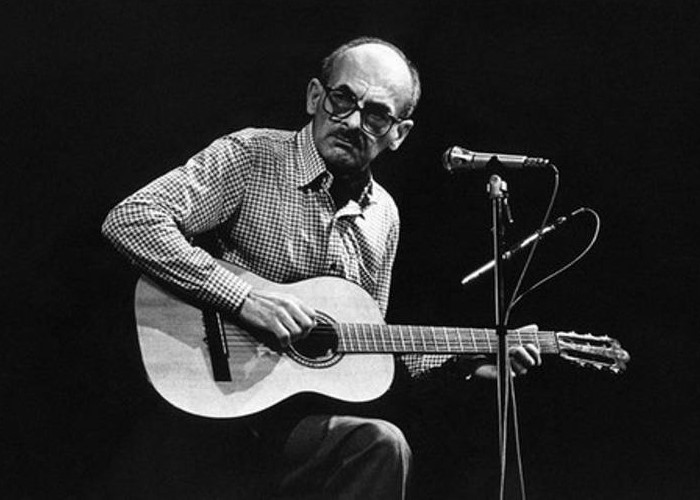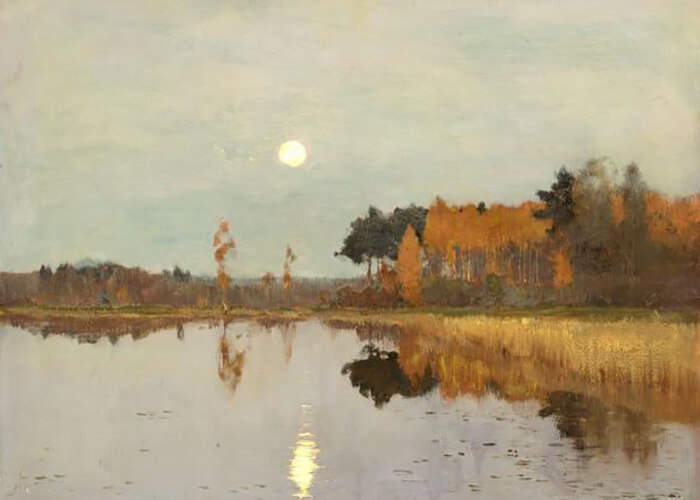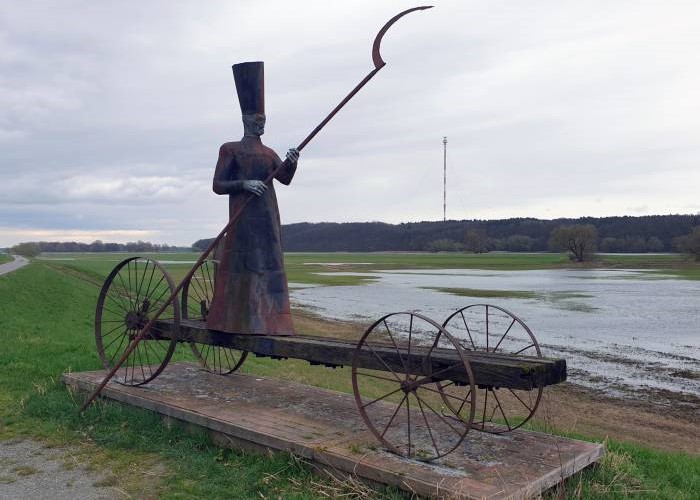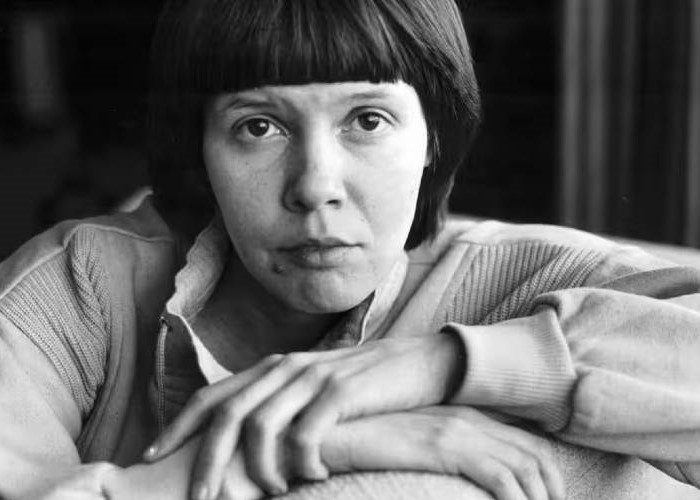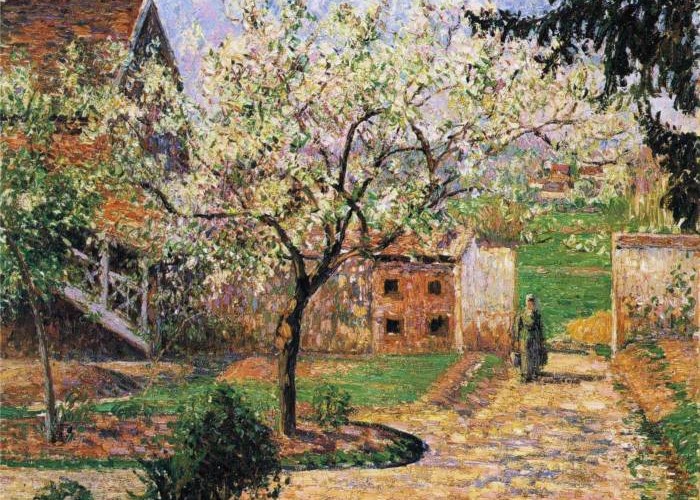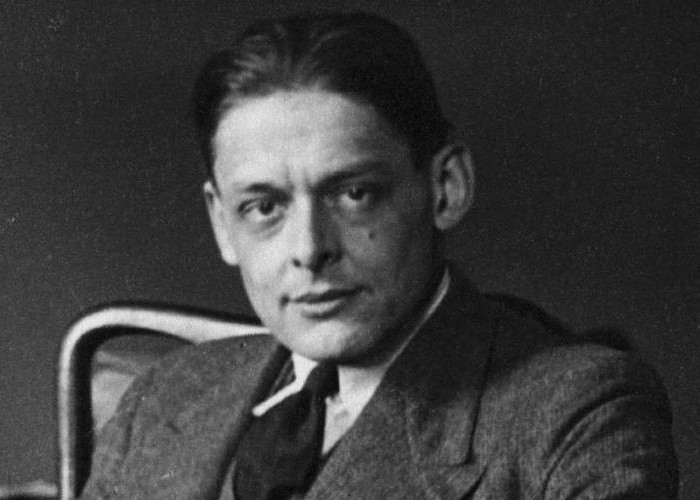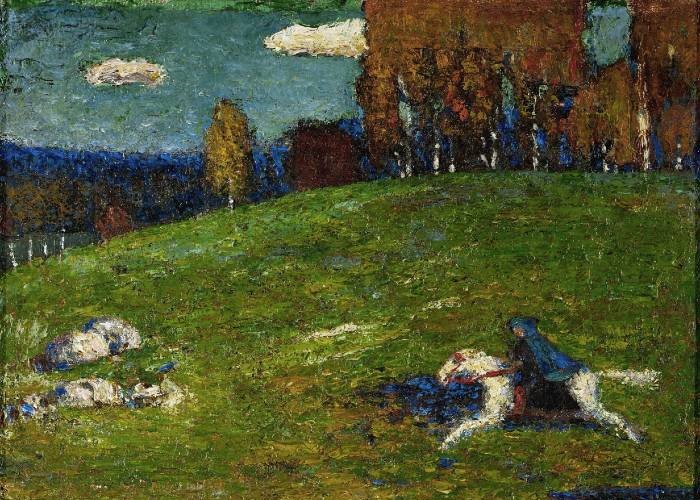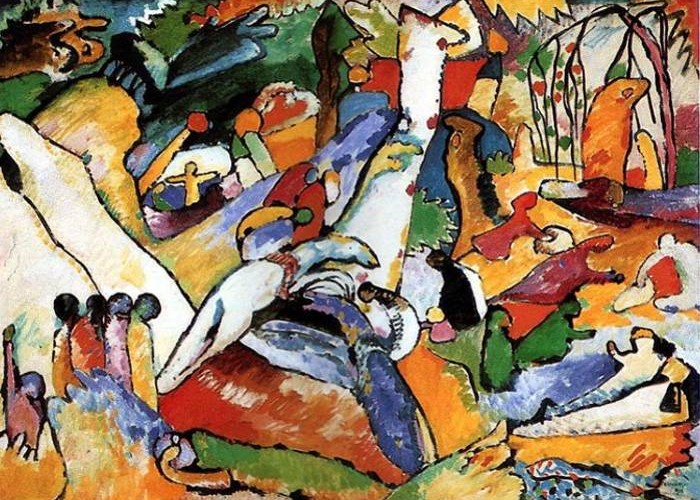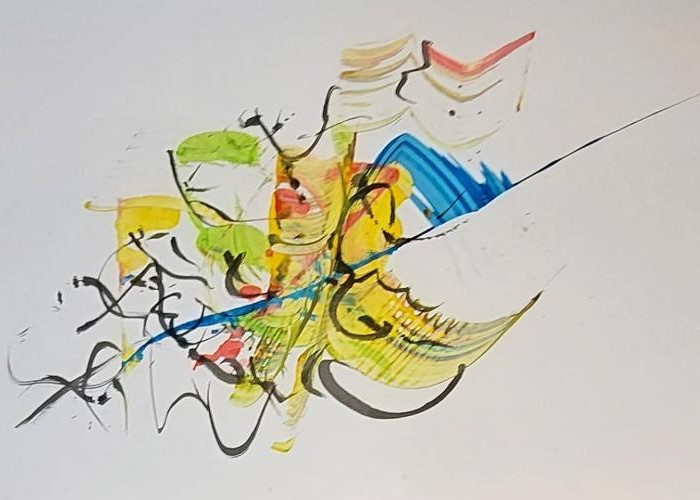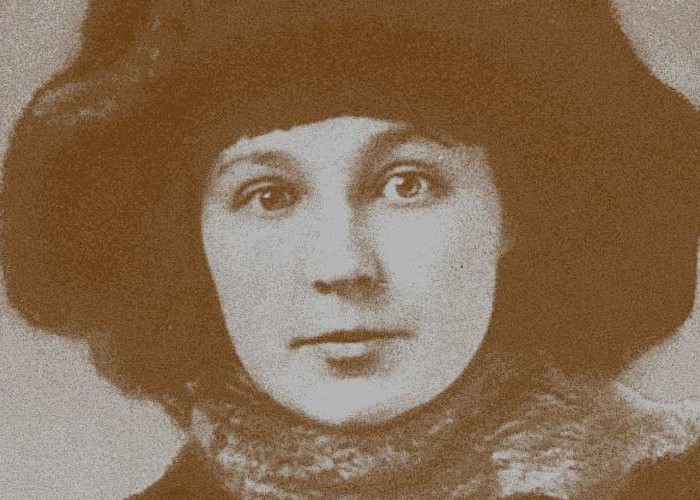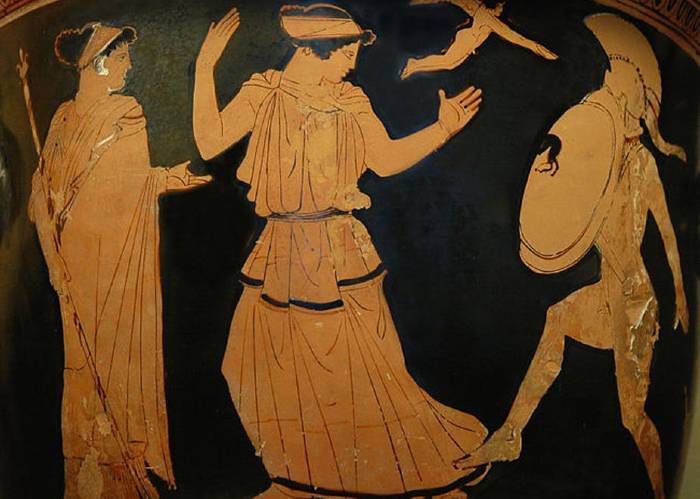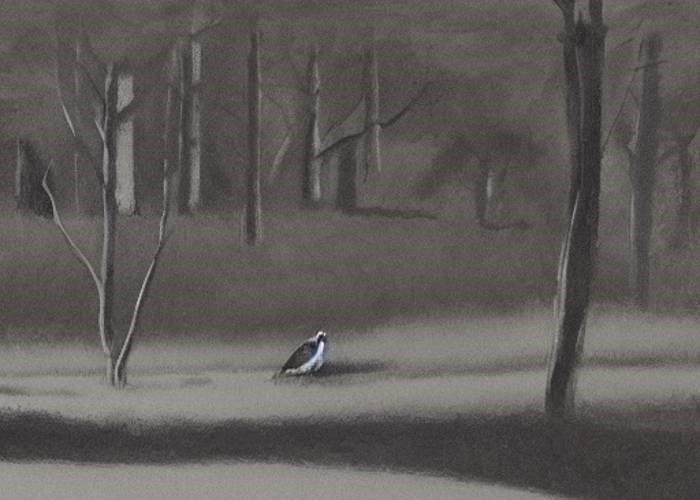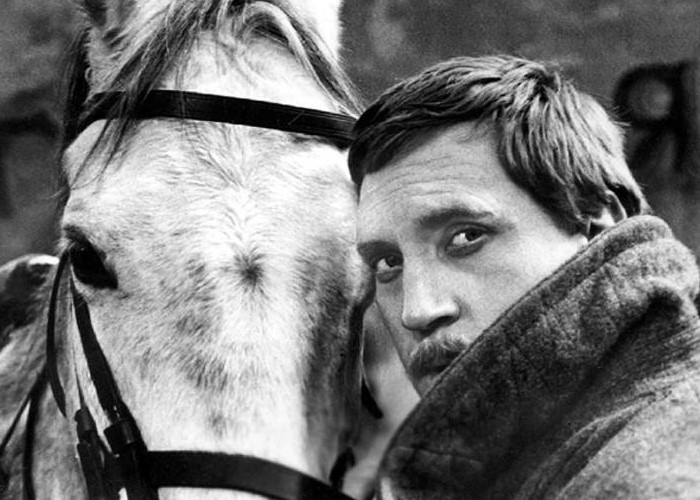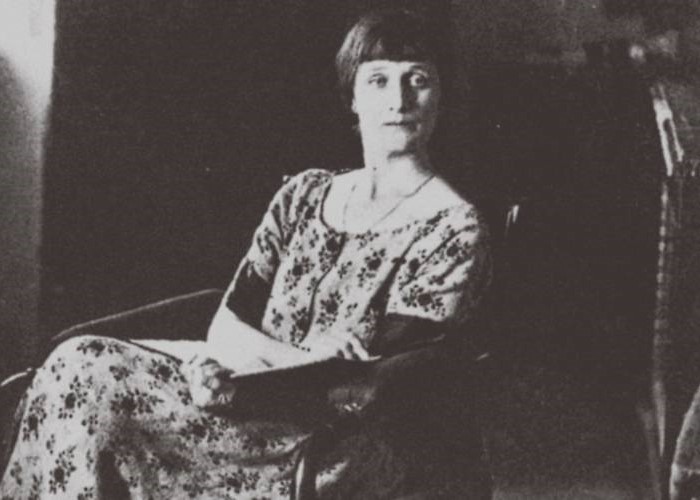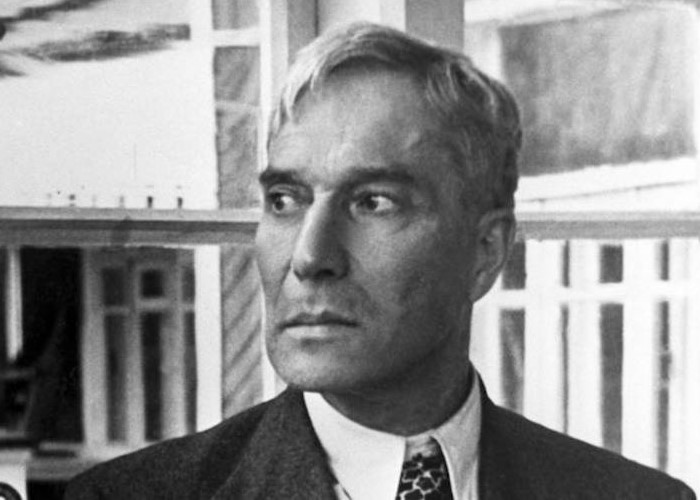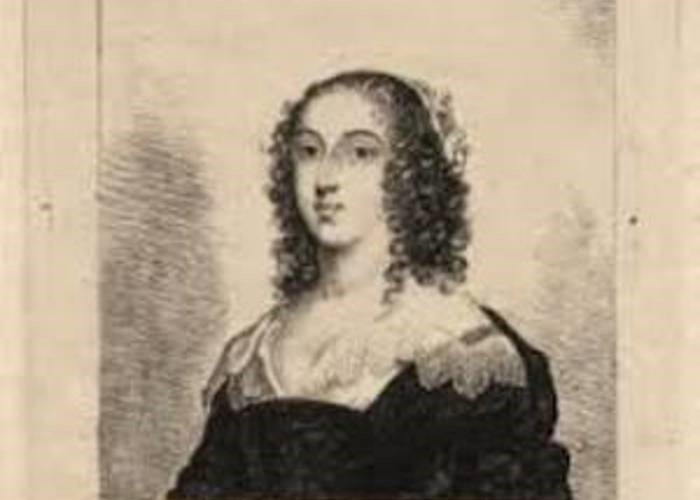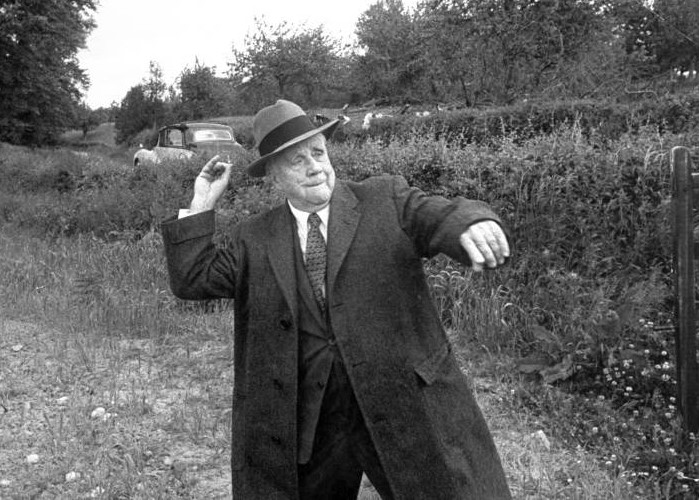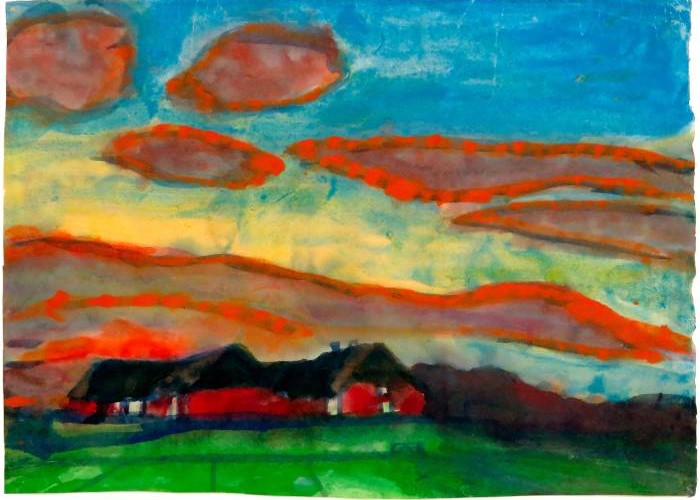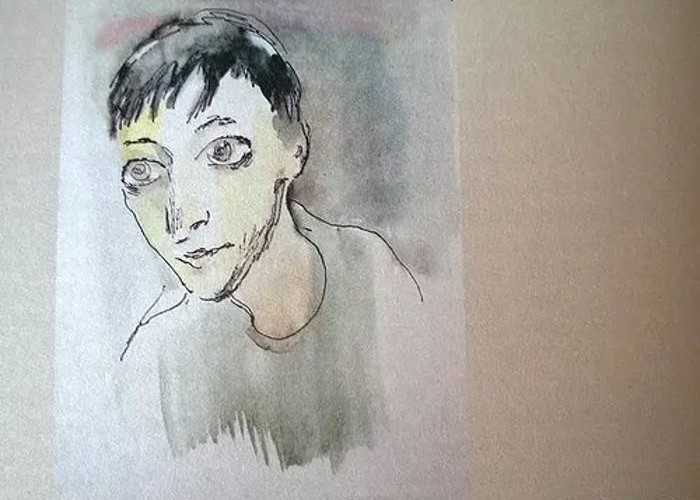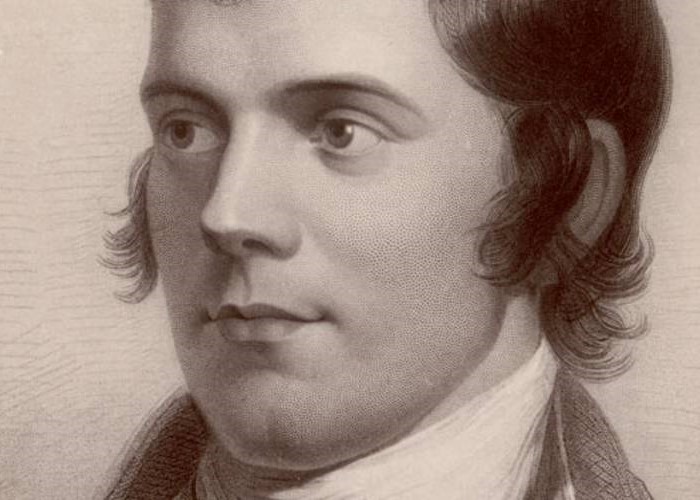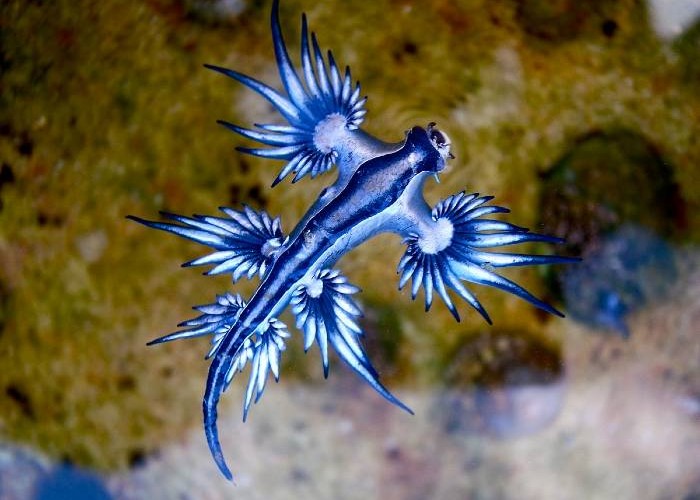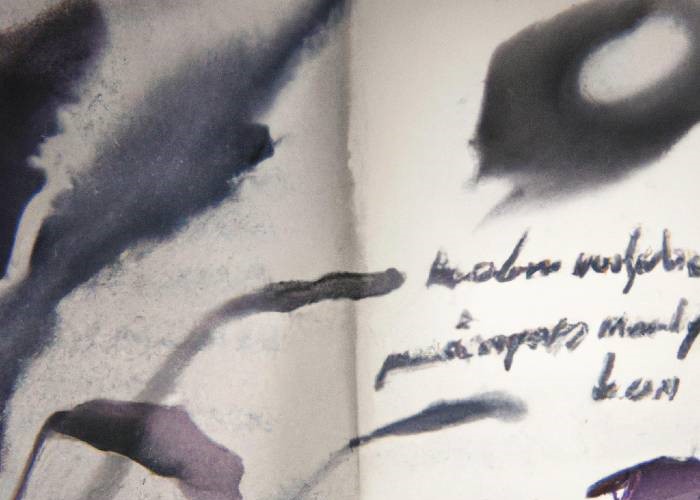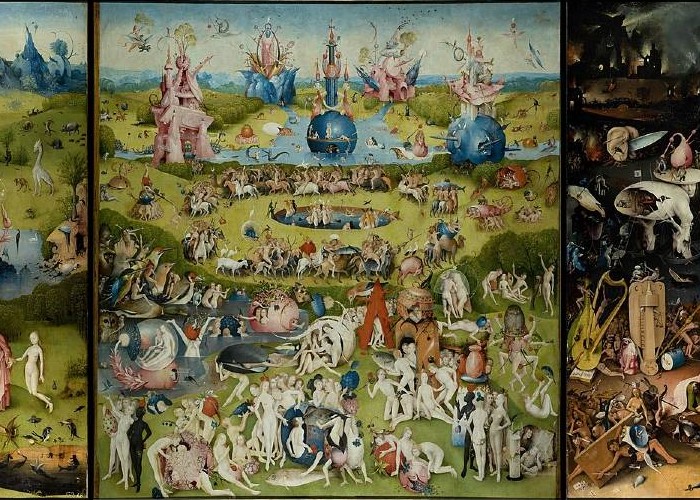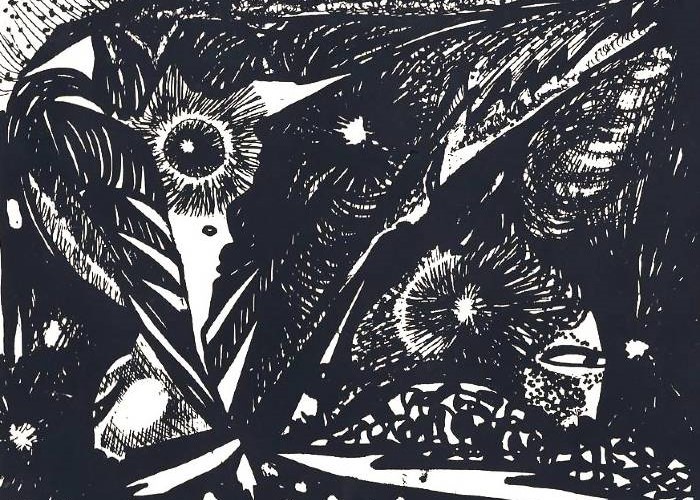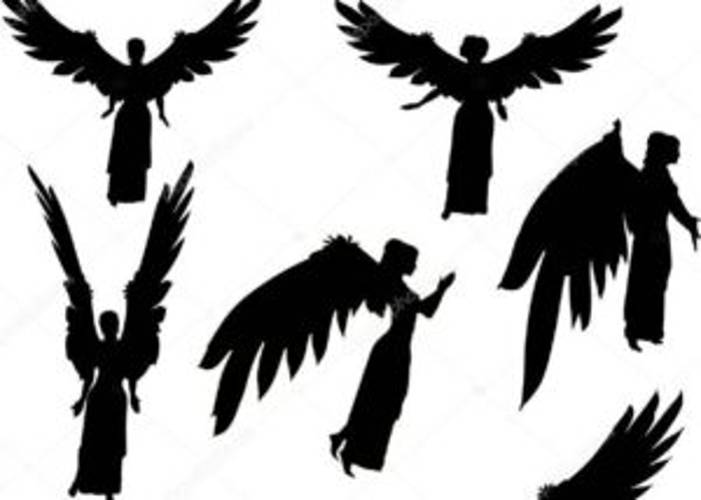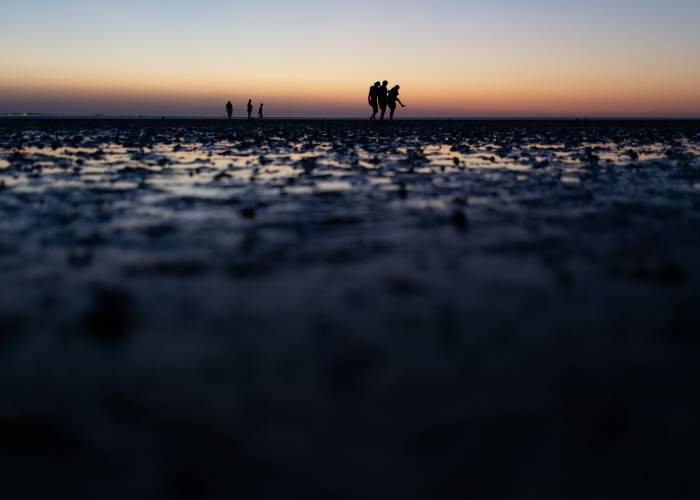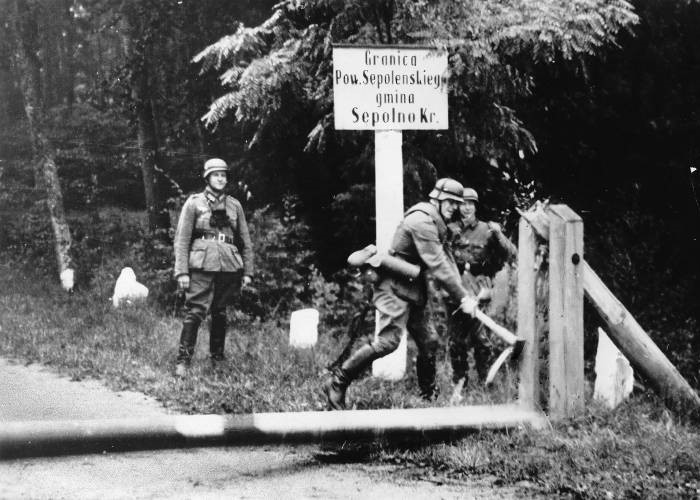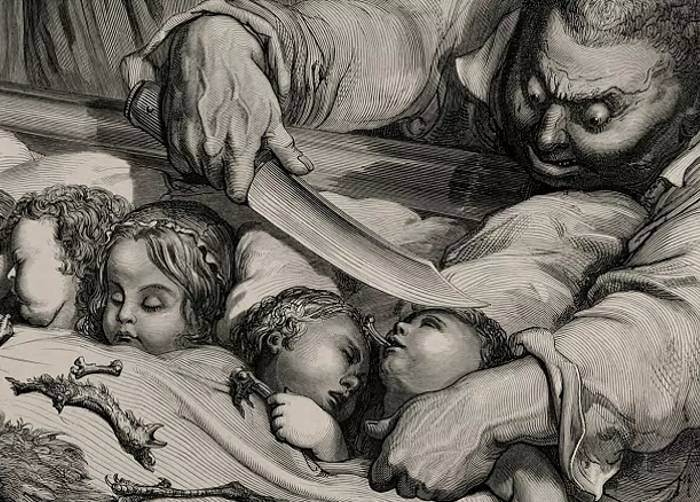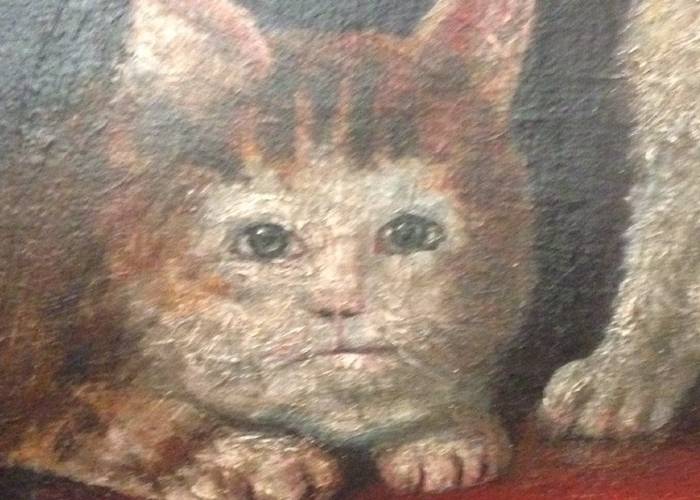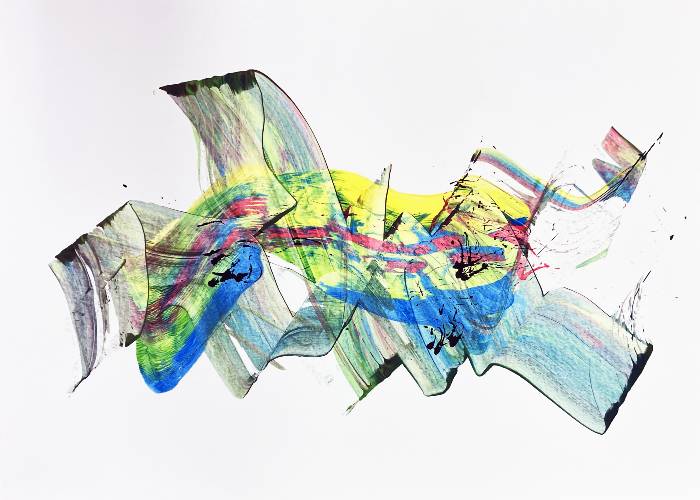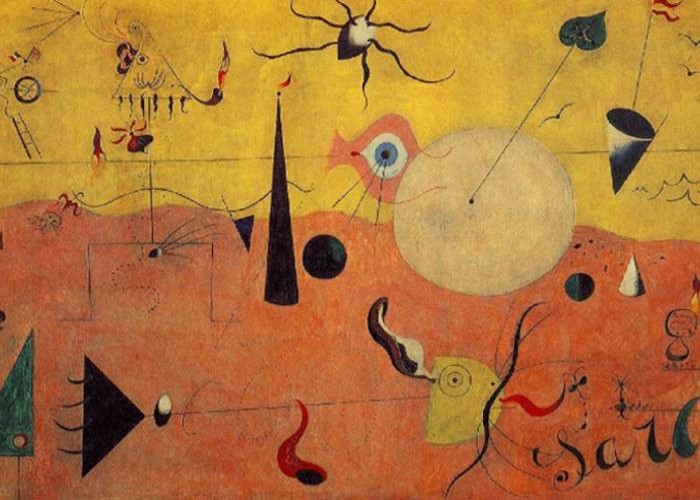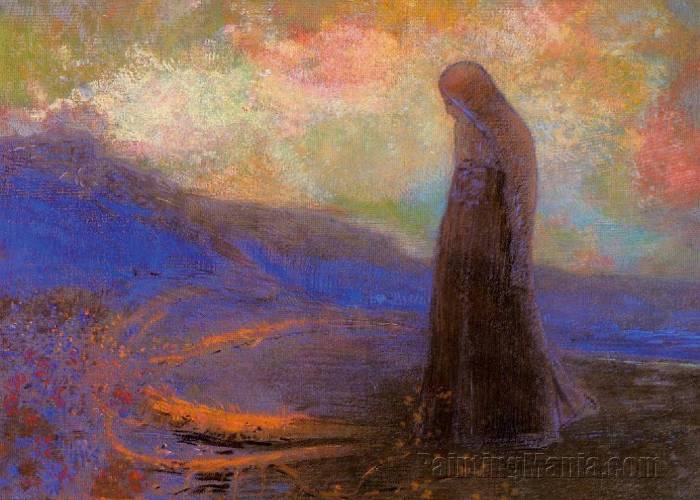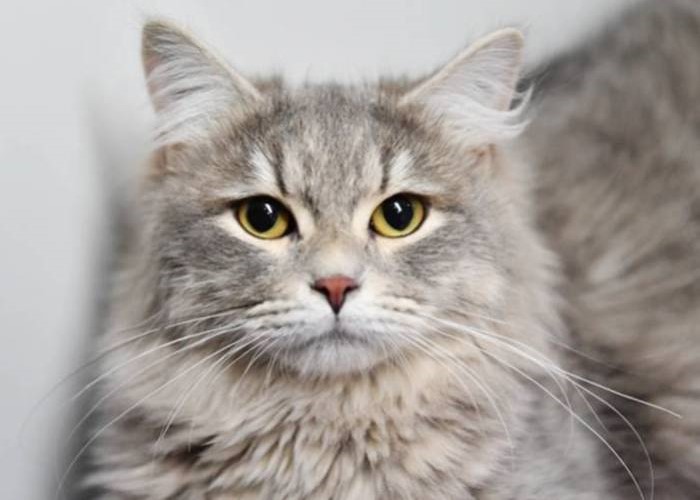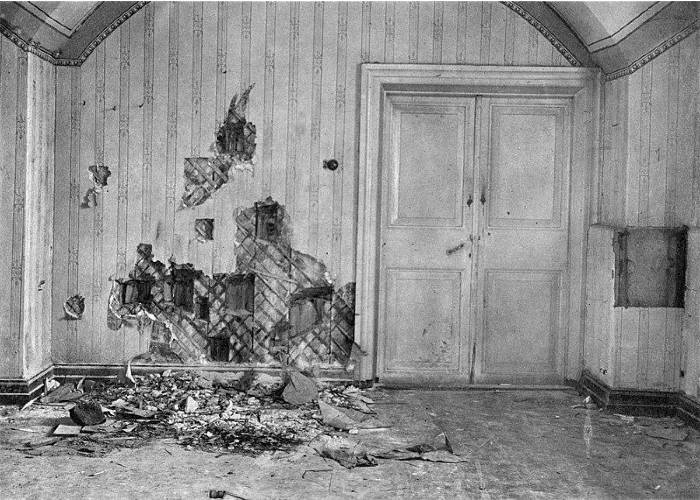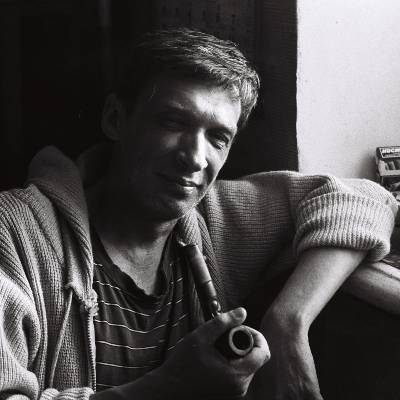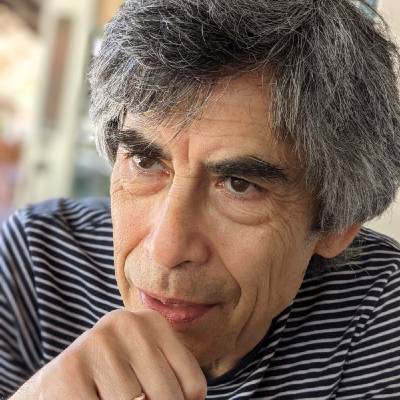Ночной парад.
А.Н. Авдонину
Навстречу звезде император встает,
~ ~ ~
A Night March
for A.N. Avdonin
On a midsummer night, from the marsh, black as tar,
The emperor rises to talk to the star,
The emperor rises, the star has appeared,
Acid trickles down in the grey of his beard,
His chest is split open, his skin is all charred,
The journey before him is painful and hard,
He crosses himself and steps through the night
To the south, where Yekaterinburg shines with light,
Where neon is flooding the broad avenue,
His stride leaves a trail glowing purple and blue
In empty streets, alleyways, boulevards and squares,
On streetcar tracks, bridges, along thoroughfares,
His boots, seen by nobody, rumble and squeak,
A glamorous wench in the bar gives a shriek,
Cars and buildings resound and tremble in pain,
All over the city alarms go insane,
He comes to the square where the town hall stings
The sky with its steeple, and cobblestones ring,
His son and four daughters rising up in the black
Of the night, stand in silence behind his back;
And rising from mine shafts, ravines, old grave mounds
Are people who once walked alive on the ground,
Ore seekers, house serfs, poor peasants and priests
From villages strewn north to south, west to east,
Industrial workers with children and wives,
Foot soldiers, dragoons, constables, officers rise;
The town fills with victims of torture and murder:
Those flogged in dungeons, or shot on order
Of the Cheka, or hunted and killed by Kolchak’s
White Army, or slashed in the steppe by the Cossacks;
They emerge from the darkness to march by his side
In silence, their savage eyes fixed, as they stride
In the emperor’s wake, on the five-pointed star
That shines ruby red from the tower afar,
The star sends its shimmering rays on the breeze,
Night rooks make a ruckus and caw in the trees,
The sky softly sways, the horizon glows red,
The spire reaches up to the clouds overhead,
And so they stand looking, and time stands still,
Like water stands still in a glass, until
They turn and dissolve in the dark of July,
Where the haze from the smoldering peat dims the sky,
The sunrise spills milky-white light on the homes,
Antennas are etched in the skyline like poems,
The bell of the first streetcar rings in the square,
And a crown of thorns fades away in the air.

